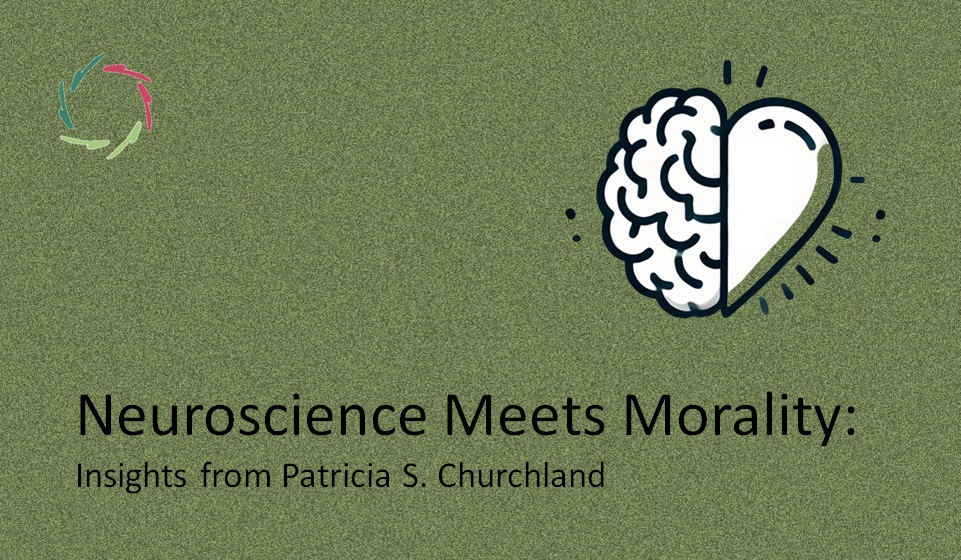Morality is NOT the Suppression of Self-Interest

A group can not endure for long if its members all just do their own thing. So, what’s the problem?
The reasoning in favor of suppression is simple.
This is about what is called the ‘free rider’ problem. In the course of ages, our ancestors and even pre-ancestors (‘hominids’ and before) learned the advantages of living in group. Thus, Darwinistically, people may have become groupish as well as selfish ‘to the gene’.
In order to maintain a group, then as well as now, the individuals forming that group cannot be allowed to run amok each in search of only his self-interest (‘free riding’) and contrary to group-interest. Soon, the group would be so deteriorated that it would dissolve or become victim to other, more cooperative groups.
Thus, self-interest needs to be suppressed. In due time, norms, values, institutions etc. have been put in place to align the wrong-doer or potential wrong-doer through mainly guilt, shame and punishment.
In which man-view does this suppression-view fit?
Mainly a straightforward, rather mechanical view in which:
- the human ‘self’ is equated to ‘ego’.
- Thus, self-interest = ego-interest.
- A group = a set of egos.
- Thus, we have a zero-sum of group-interest + ego-interests of all members.
Plus: an intra-individual happening
in which the ‘deeper self’ (nonconscious, better: ‘nonconceptual’ part of mental processing) may be looked upon with suspicion. In this vein, not internally being under conscious control, a covert aim may be to put it under control from outside. [see: ‘Control’ Is Not the Answer’]
‘Group-interest’ than rather looks like some post-rationalized way to hide the ulterior – widespread – motive of internal ‘control’.
Self-interest needs to be managed, not therefore suppressed.
In a group, group-interest should of course be preserved as just described. However, the jump to ‘suppression’ is way too coarse. Those who advocate it seem to mainly have an unrealistically simple view upon human being.
There are so many more ways to manage interests in respect of human being beside downright suppression. The latter may still have a place at the end of the line. However, it’s a long line. AURELIS may be seen as a substantial part of this line.
When looking at ‘self’ as total person
then if ‘self’ is suppressed, what is there left to care for? Is it perhaps the cooperative society as a place for people to ‘grow and thrive’… and be suppressed?
There is something not quite right in this state.
One can say: only the free-riding part should be suppressed. Sounds reasonable in an ego-world. Less so otherwise. As a starters, suppression creates ego. In an ego-world, this may feel like a good thing to do.
Eventually, one should see this as a choice at least,
not as a necessity. One way to put this choice, is through asking about the direct goal. Is it:
- either the ‘better society’ (cooperative…) towards which the individual should be incentivized through guilt and shame?
- or the ‘better individual’ – which then makes the better society – through support of any appropriate sort… and stronger incentive only when needed?
Both choices have been made in past and present. I guess humanity is still on its way to sort things out. As you might suspect, I’m personally in favor of the second choice.
However, surely, it still presupposes an immense lot of work!


